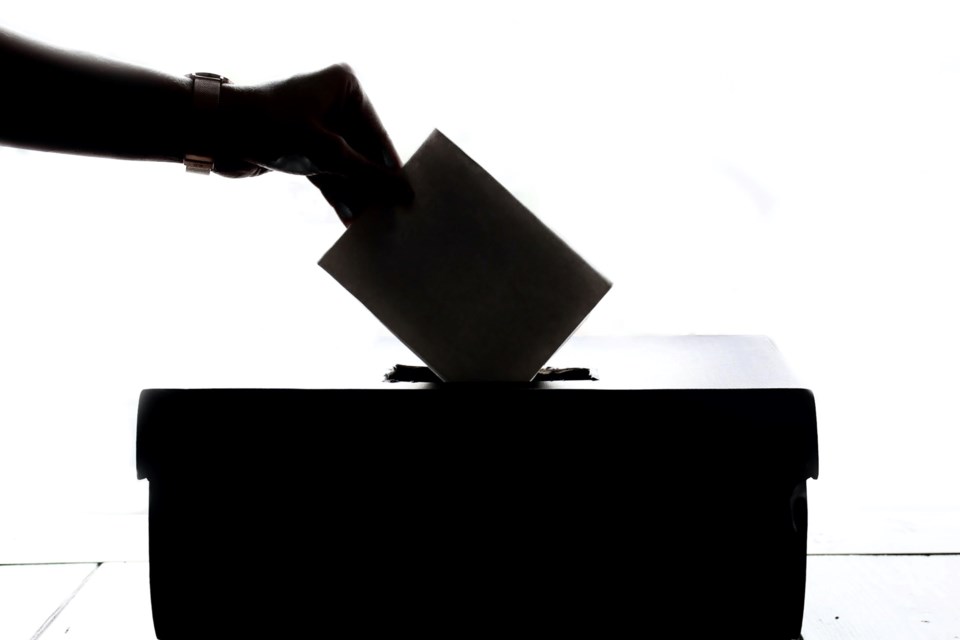NEWS RELEASE
MAKE EVERY VOTE COUNT
*************************
A recent gathering of local citizens from three political parties brought together Liberals, New Democrats and Greens to consider alternatives to the current electoral system.
Their analysis of recent elections found that, in the 2022 provincial election, the Progressive Conservatives (PCs) received 40 per cent of the votes cast yet won 67 per cent of seats (83) in the Ontario legislature.
Consequently, the PCs took 100 per cent control of the government. In the same election, the NDP received 23.7 per cent of the votes, winning 31 seats and forming the official Opposition, while the Liberals, who received over 7,500 votes more than the NDP, won only eight seats, losing official party status (12 seats required).
“It just goes to show that we have a perverse voting system,” says Alec Adams of the Simcoe North Greens. “It’s a sham. It distorts our democracy.”
Ken Robertson of the NDP agrees.
“The voting system is rotten.”
Ken Szjiarto, a traditional NDP supporter, believes parties are continuing to put their own needs ahead of the electorate.
“Conservatives usually get a pass. Conservatives have no allies — they don’t need them while the other parties keep dividing the voters.”
Peter Kizoff, a member of the Simcoe North Liberals, would like to support the best possible policies and solutions, no matter where they come from — something that goes beyond politics.
Members of the group connected voting reform to the broader progressive agenda that more than 60 per cent of voters support — one that addresses fairness in our government, our economy and our society, and a voting system that ensures everyone has a seat at the table. A national EKOS poll found that 68 per cent of Canadians support an electoral system based on proportional representation, with only 19 per cent opposed and 13 per cent unsure.
“Under the current system, more than half of the votes don’t count,” says Gordon Ball of the Greens. “Ontario’s provincial voter turnout was 43.5 per cent in 2022, down from over 50 per cent in the previous election. This will surely increase dramatically when voters appreciate that they can vote their real choices, and their votes actually make a difference.”
At its Monday meeting, the group imagined building a “unity platform,” following a multi-party pact uniting the three progressive parties around a single platform — at least for one election cycle. At the top of their priority list would be electoral reform and proportional representation, along with building co-operation around the best policies from all the parties.
Ken Szjiarto wonders what the other parties are prepared to do to repair the voting system that shuts them out of government. Would this require an independent or alternative party? Do voters need an existential crisis to build wider support? Are voters ready to try something different? While a political party is unlikely to change the voting system that put them in power, in a minority government scenario, could a “unity coalition” emerge?
“Our voting system matters,” says Alec Adams. “It can make a huge difference in who governs us. Many Canadians might be surprised to learn that, in 2016, Hillary Clinton received three million more votes than Donald Trump. How different the world might be if that majority had prevailed.”
The U.S., along with Canada, remains one of the very few remaining modern democracies that does not use some form of proportional representation.
Anyone interested in supporting this initiative can email [email protected].
*************************
